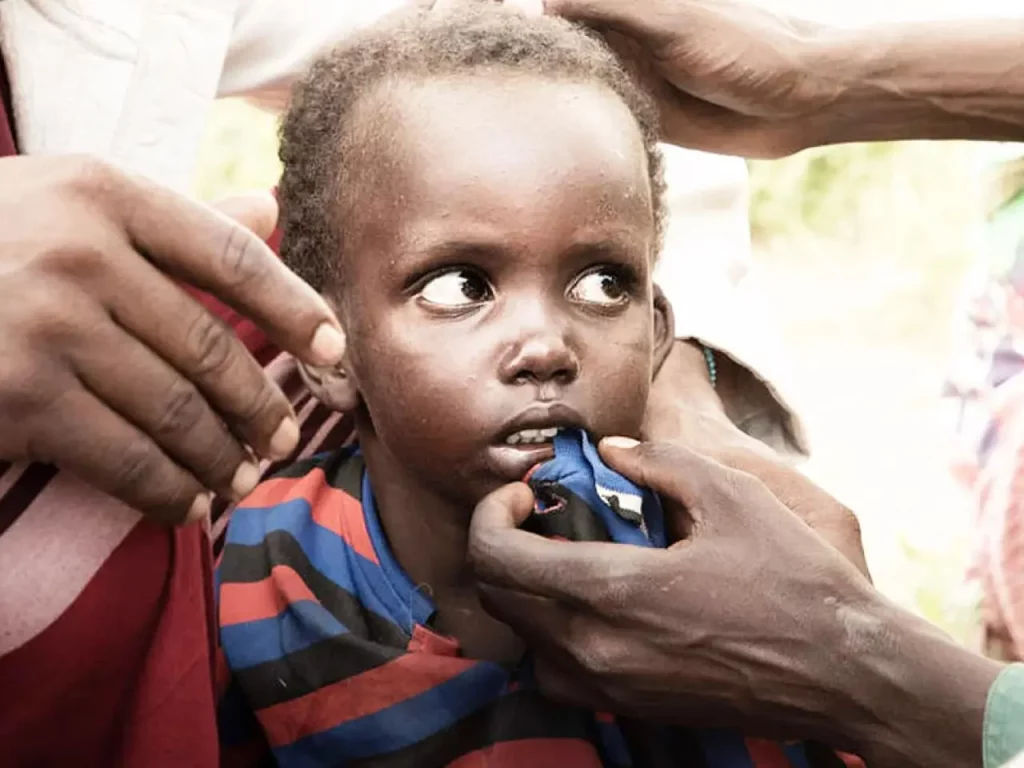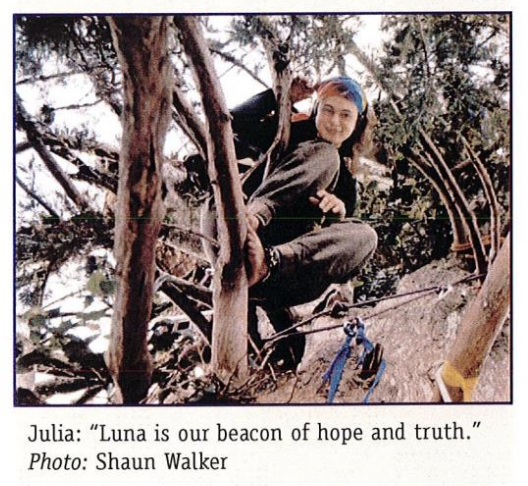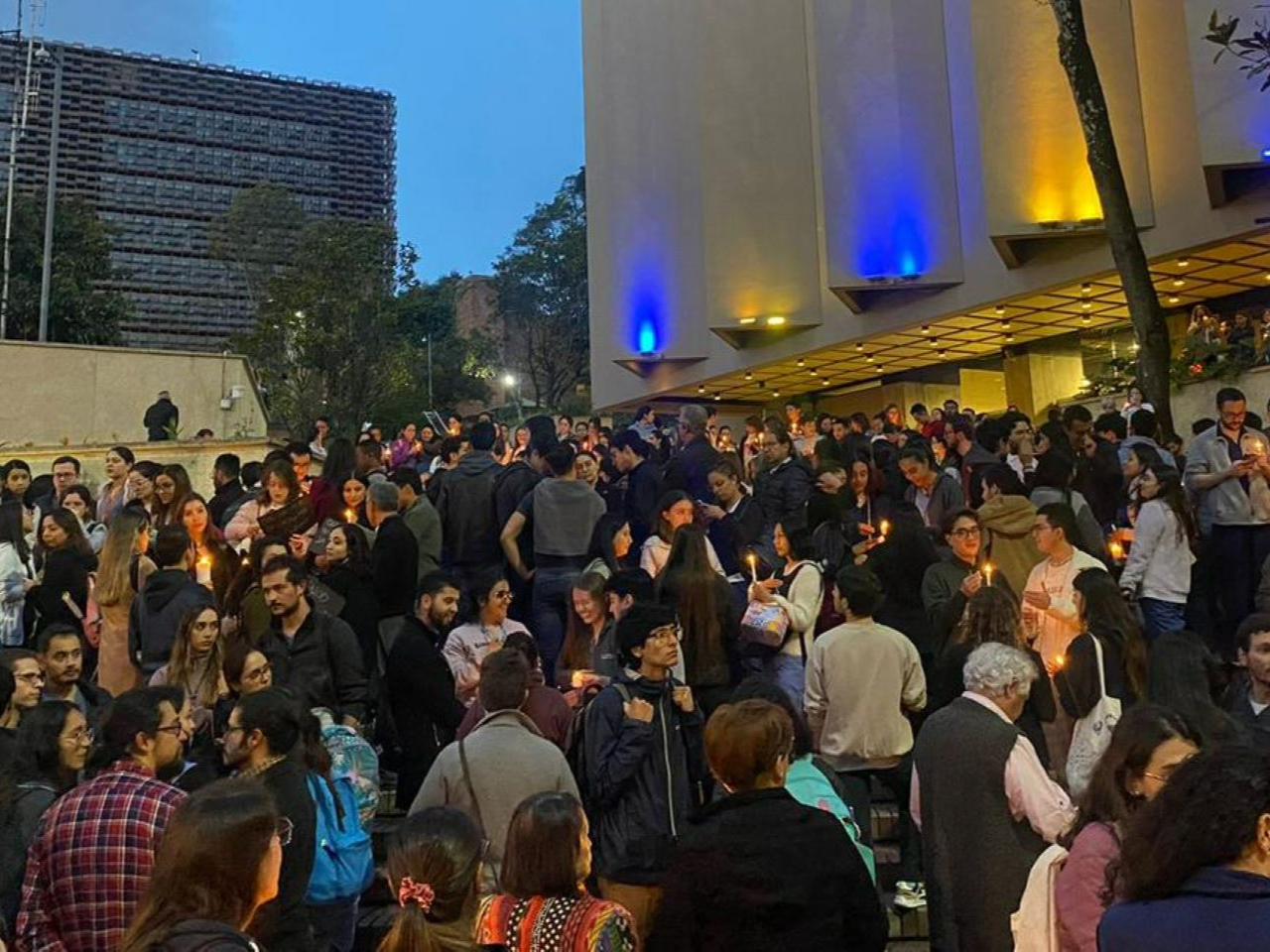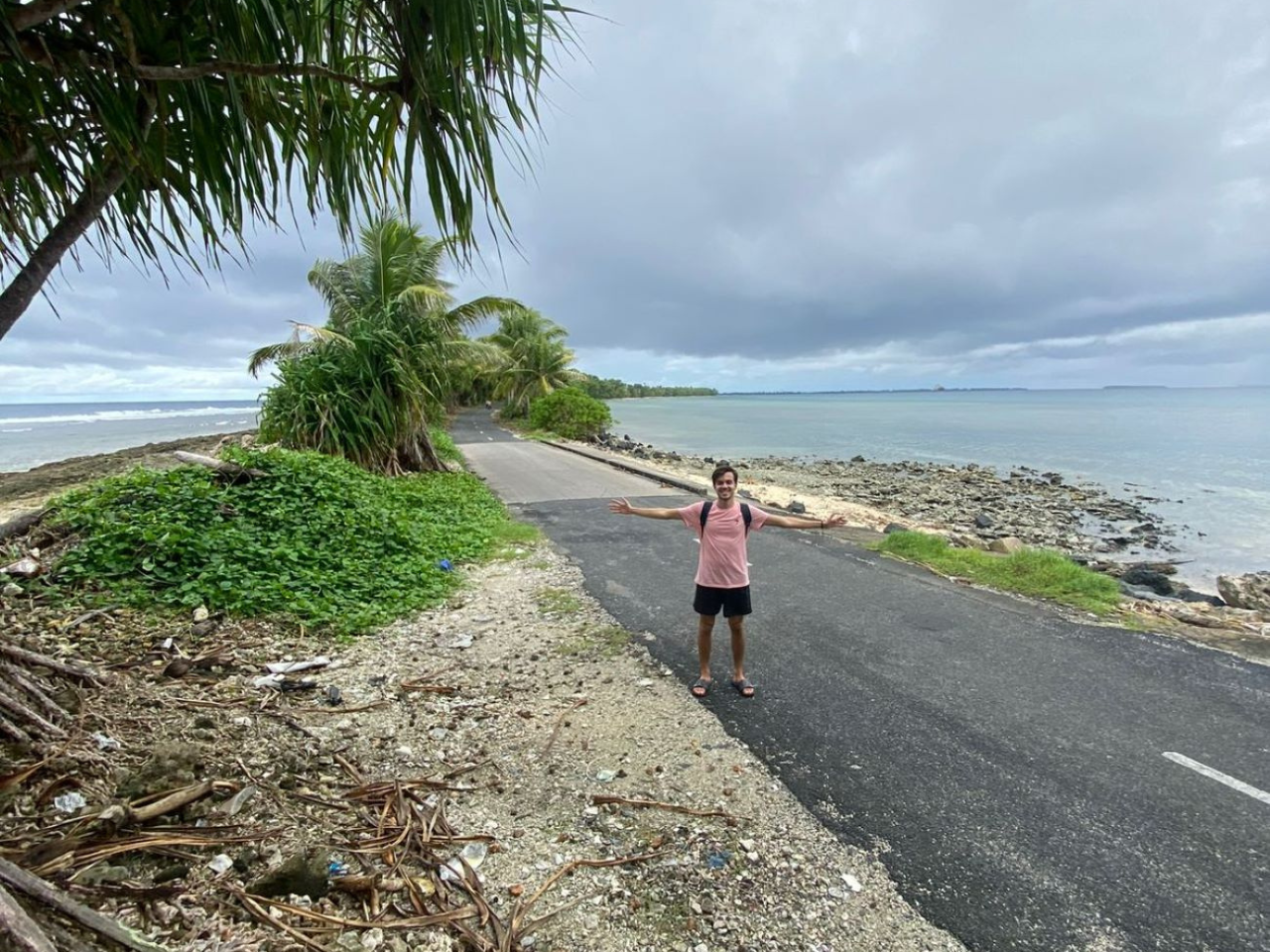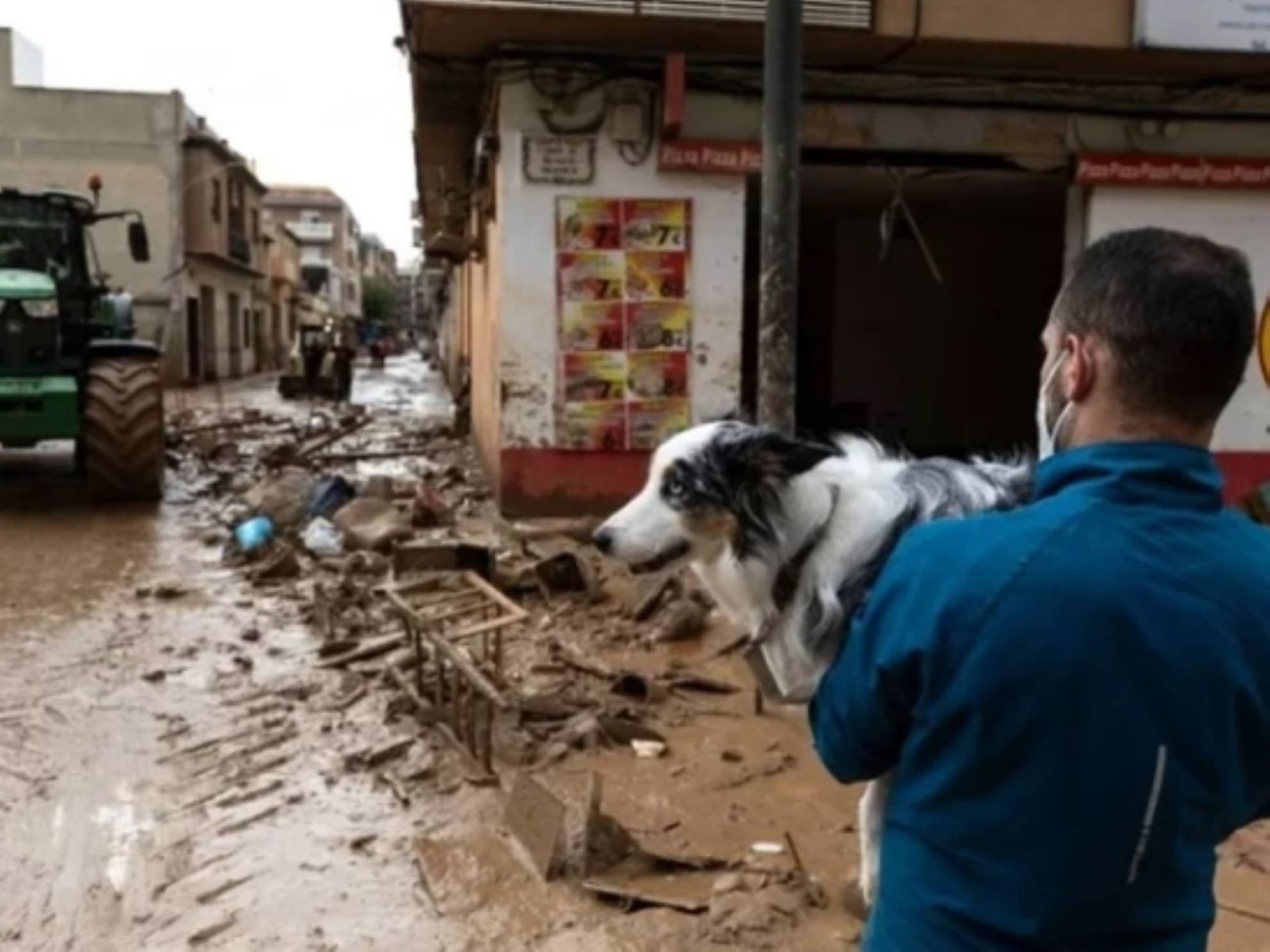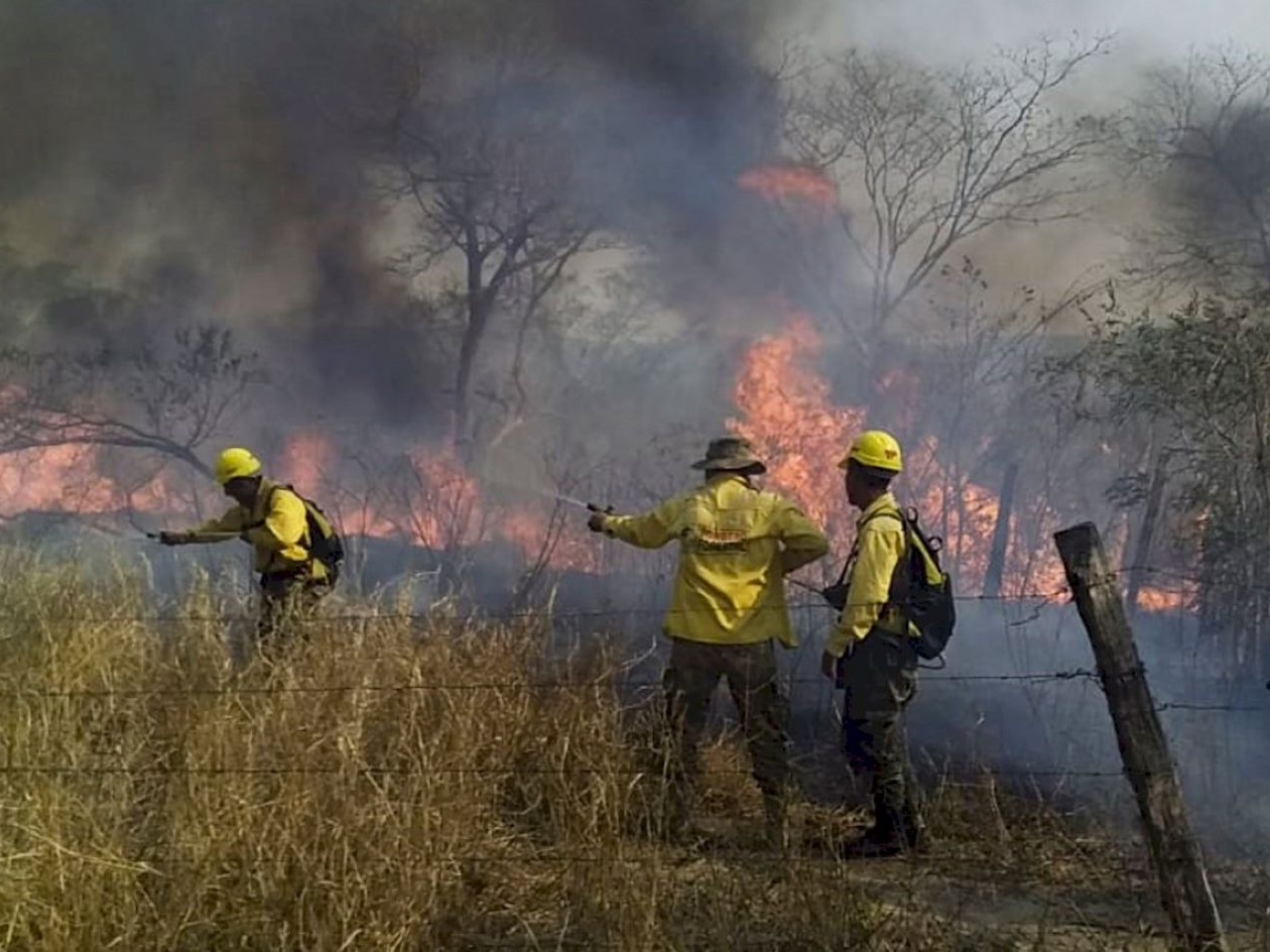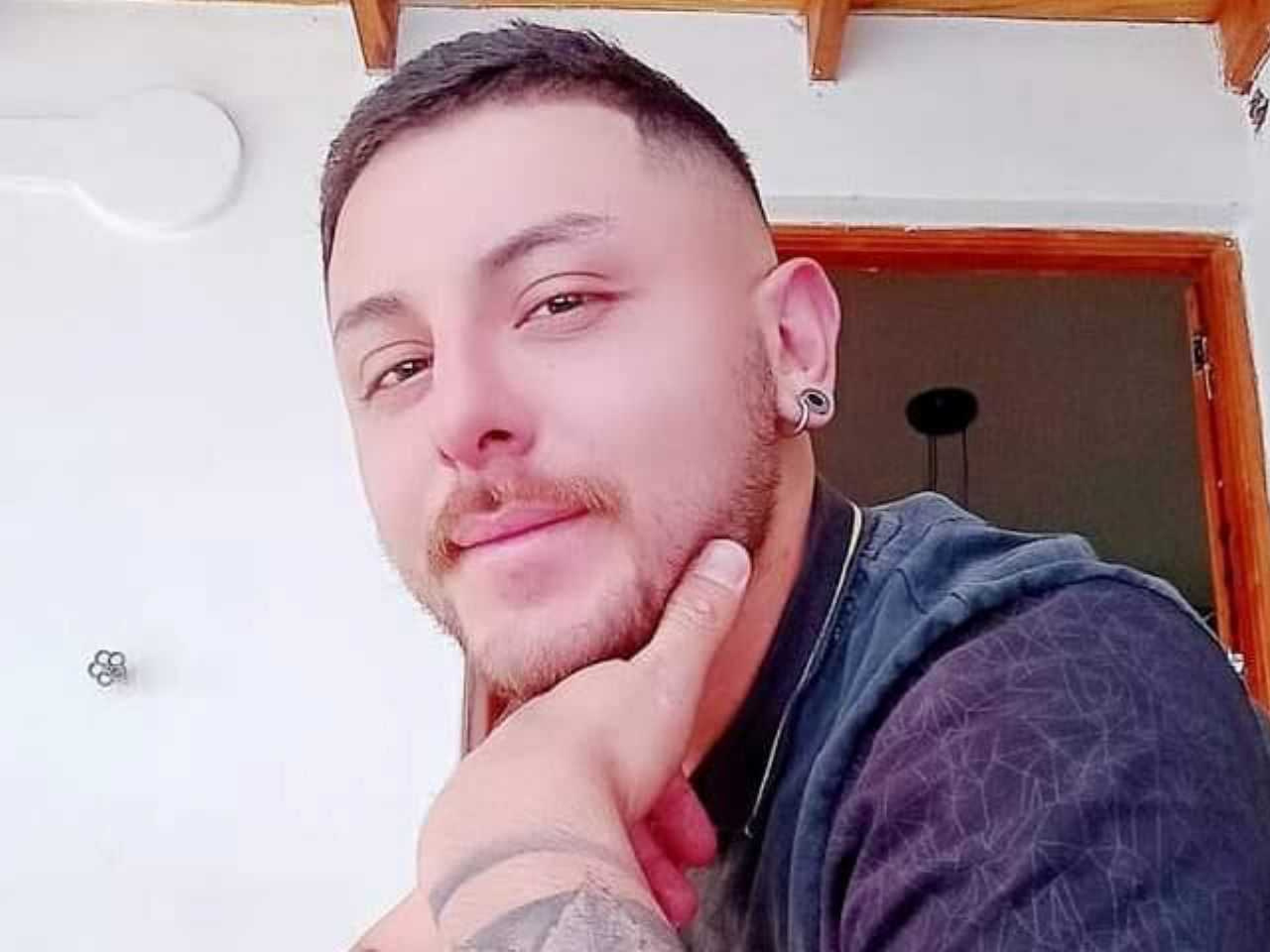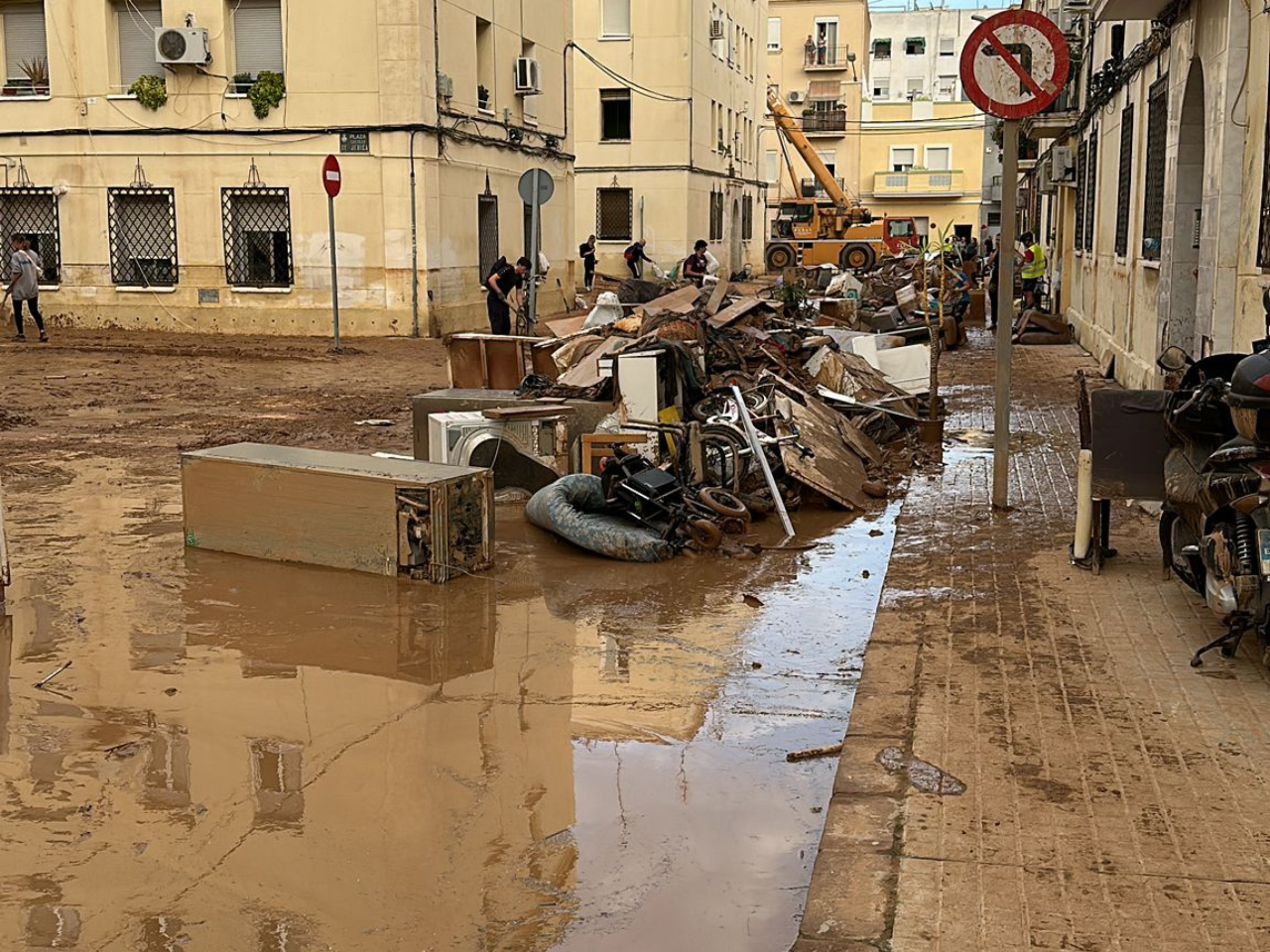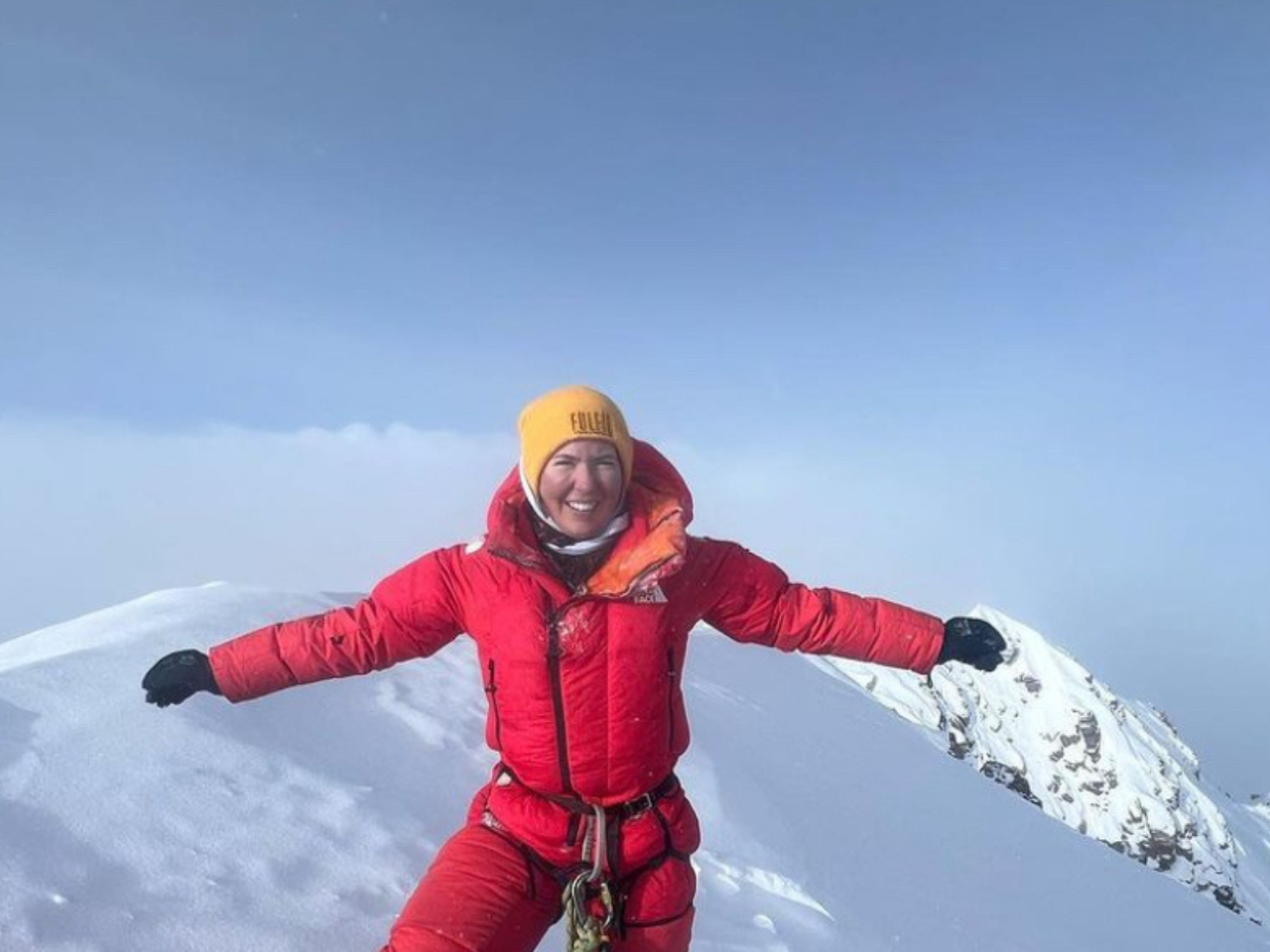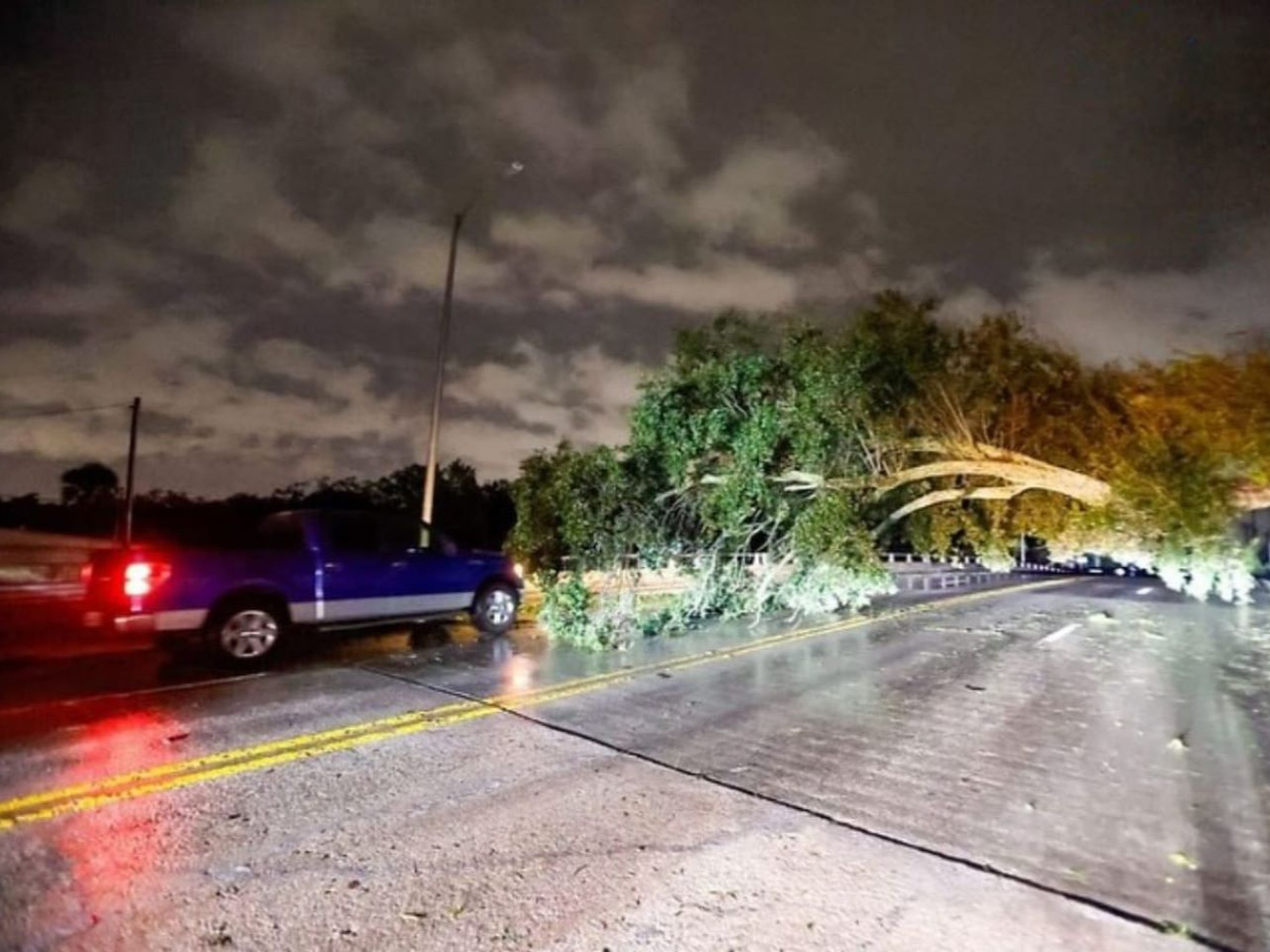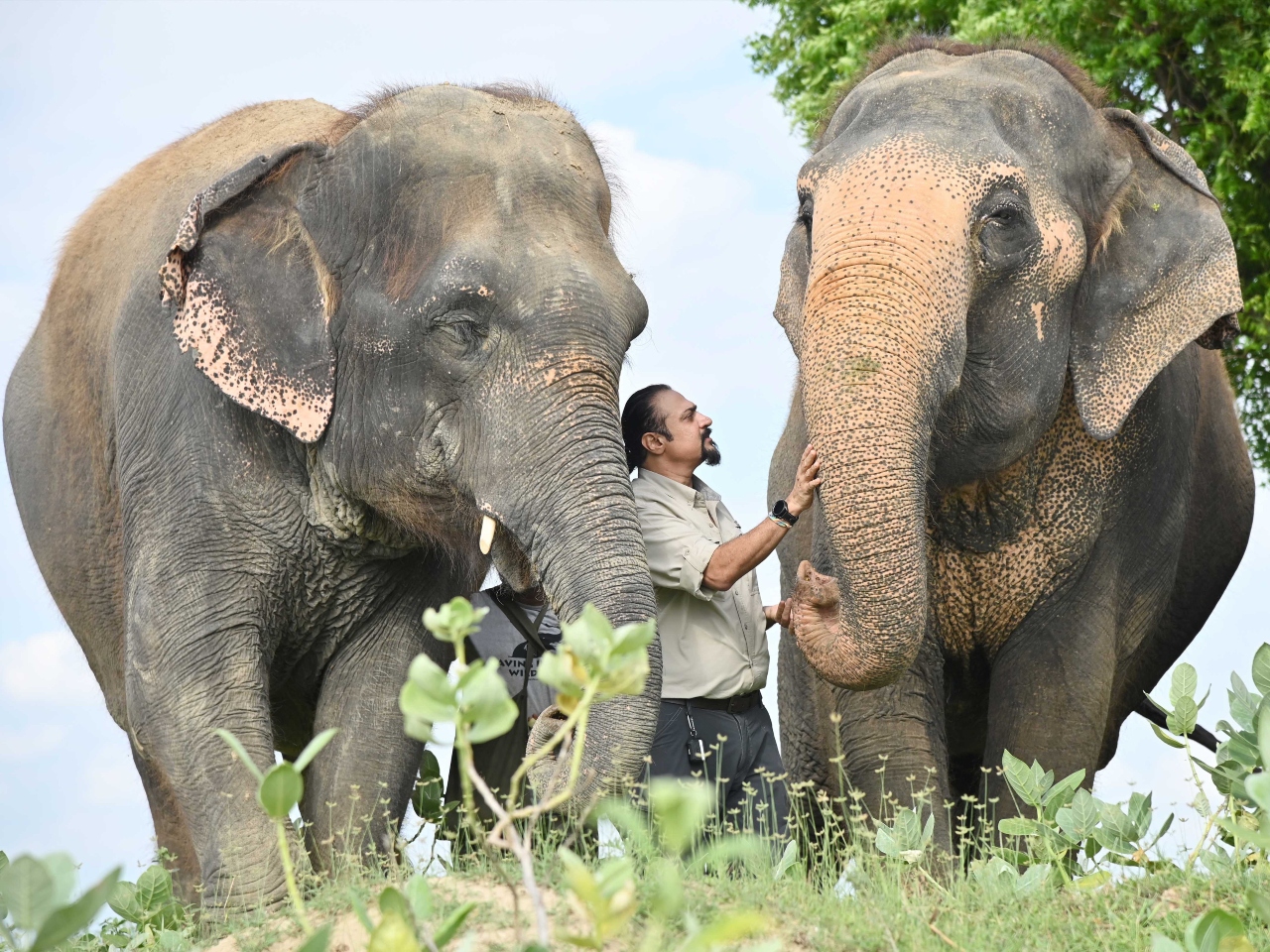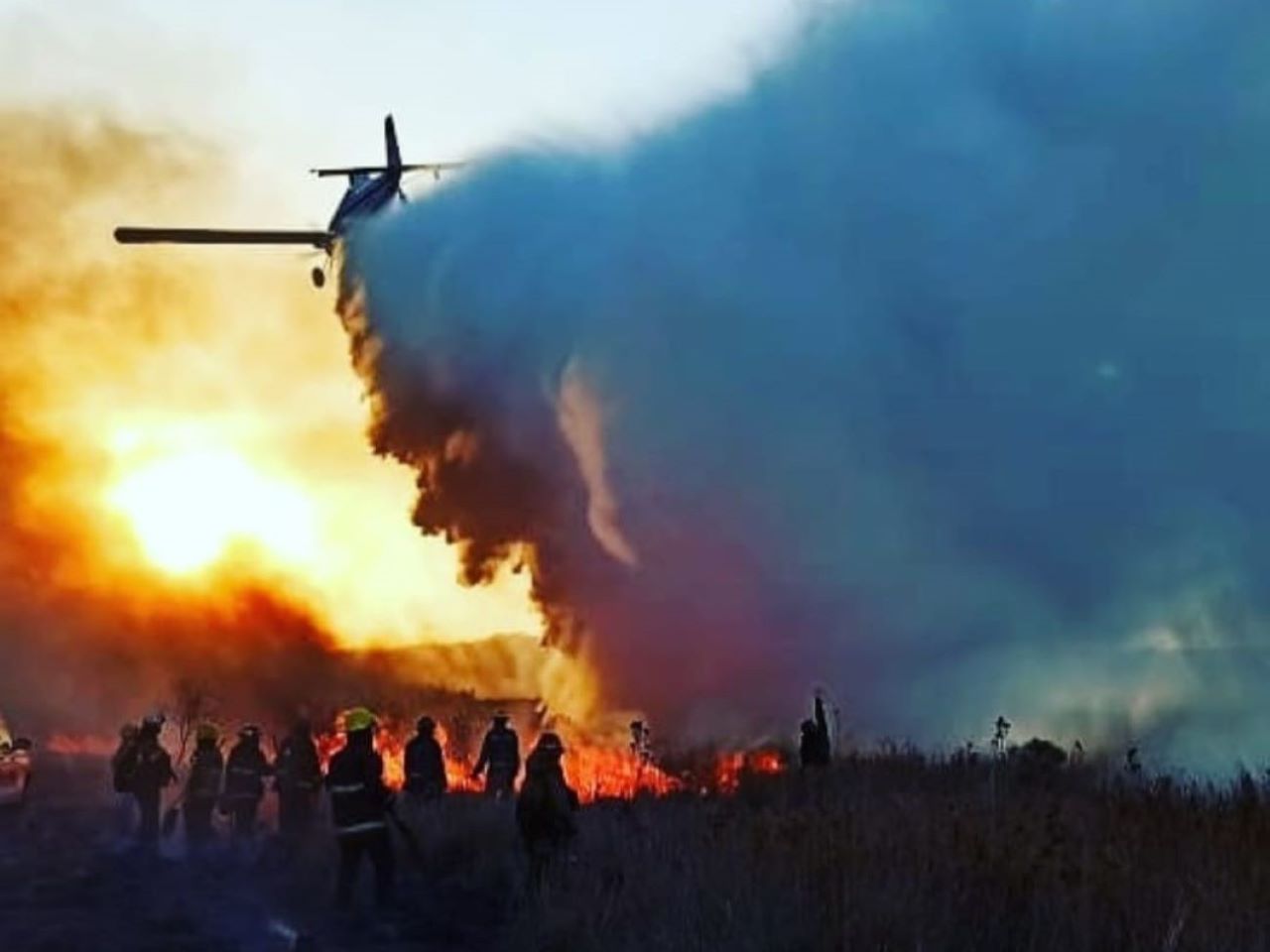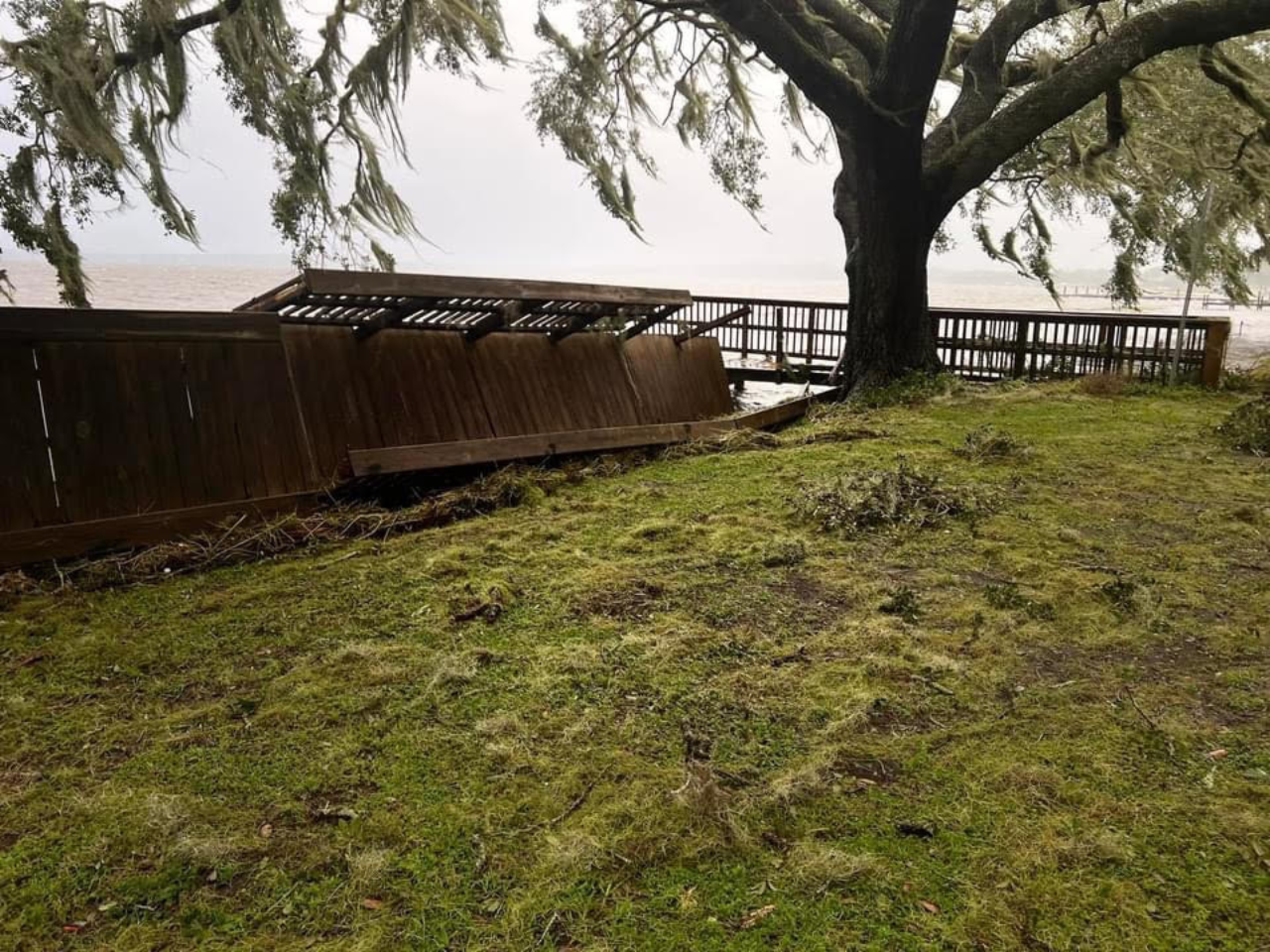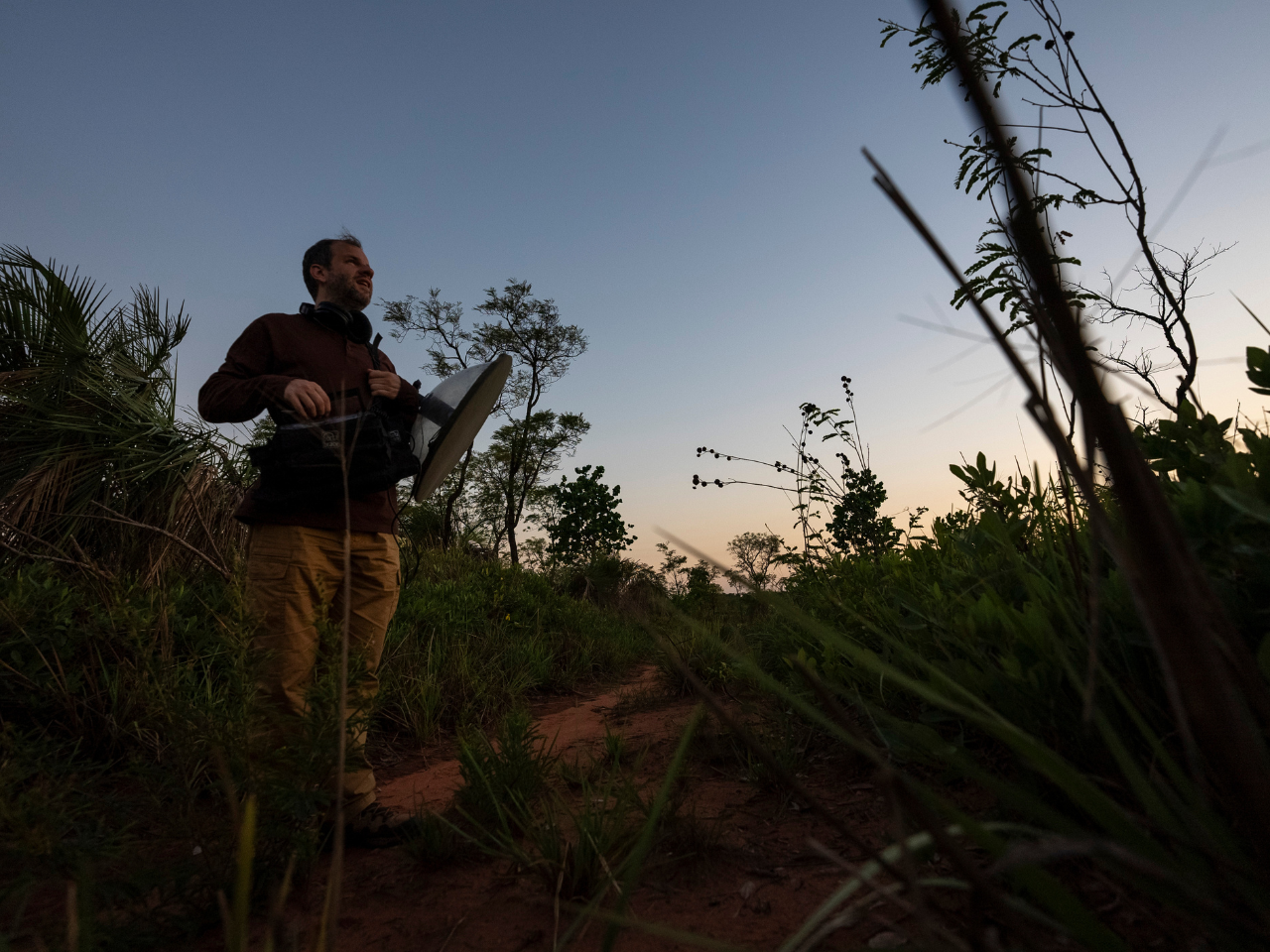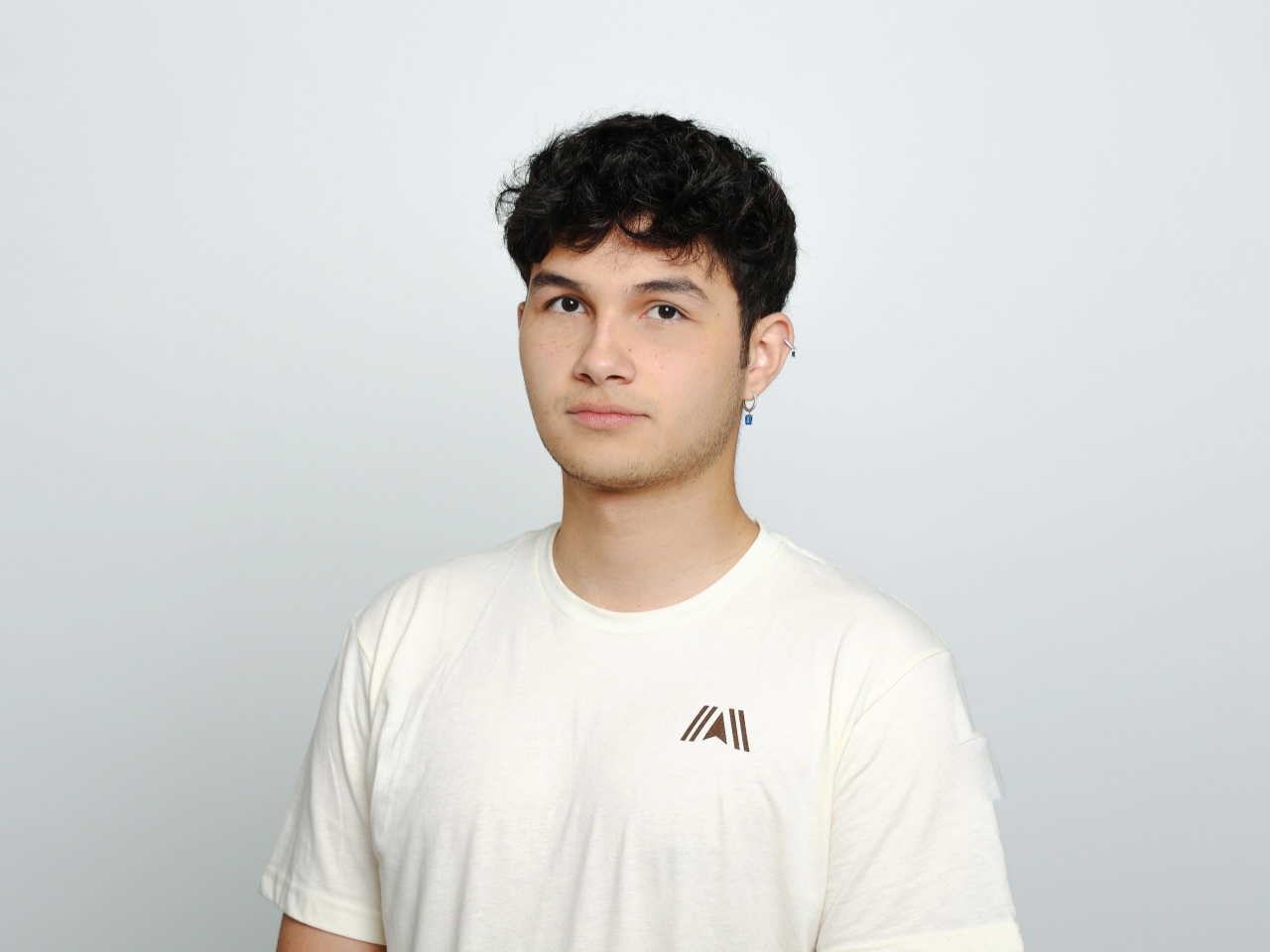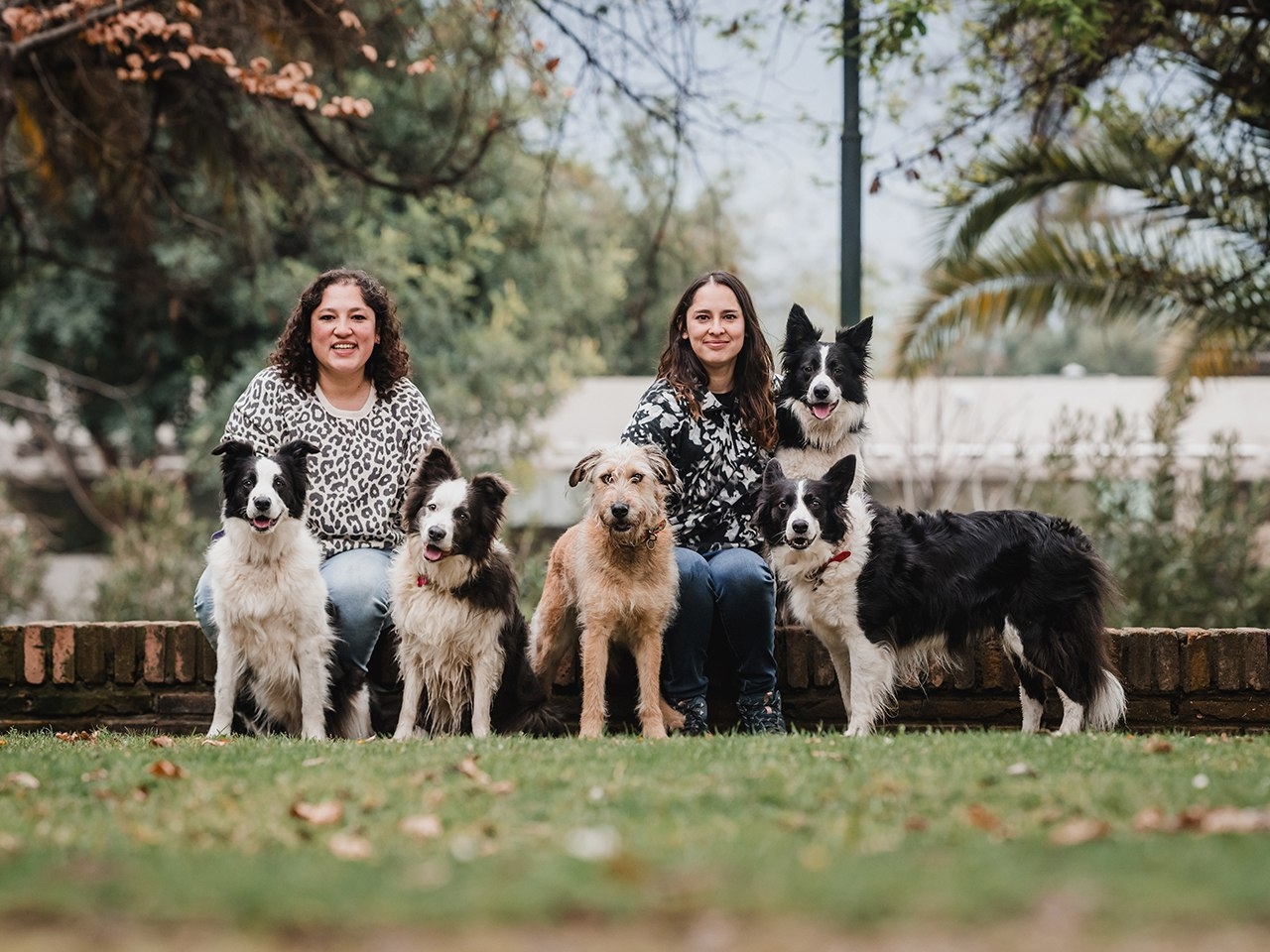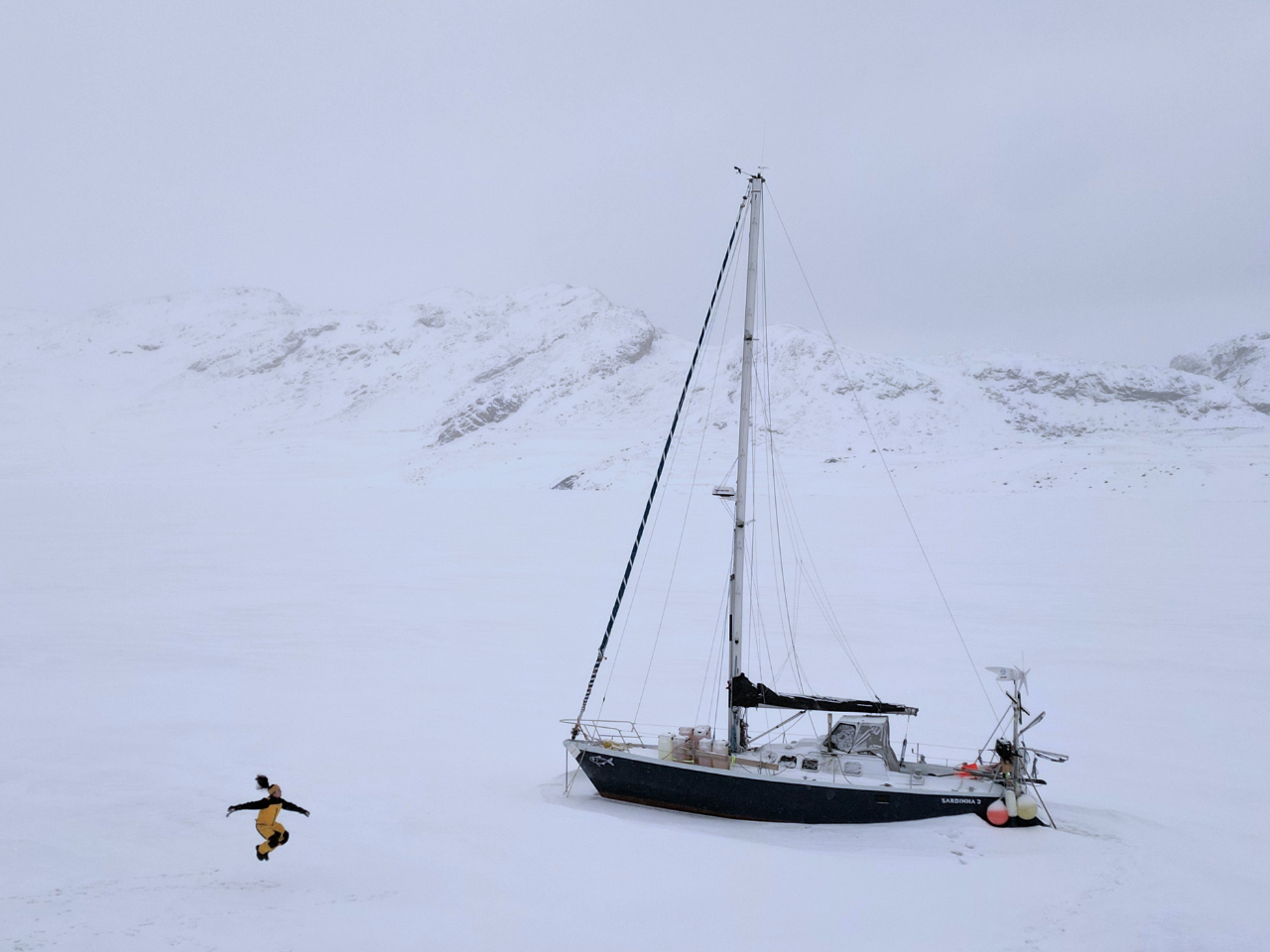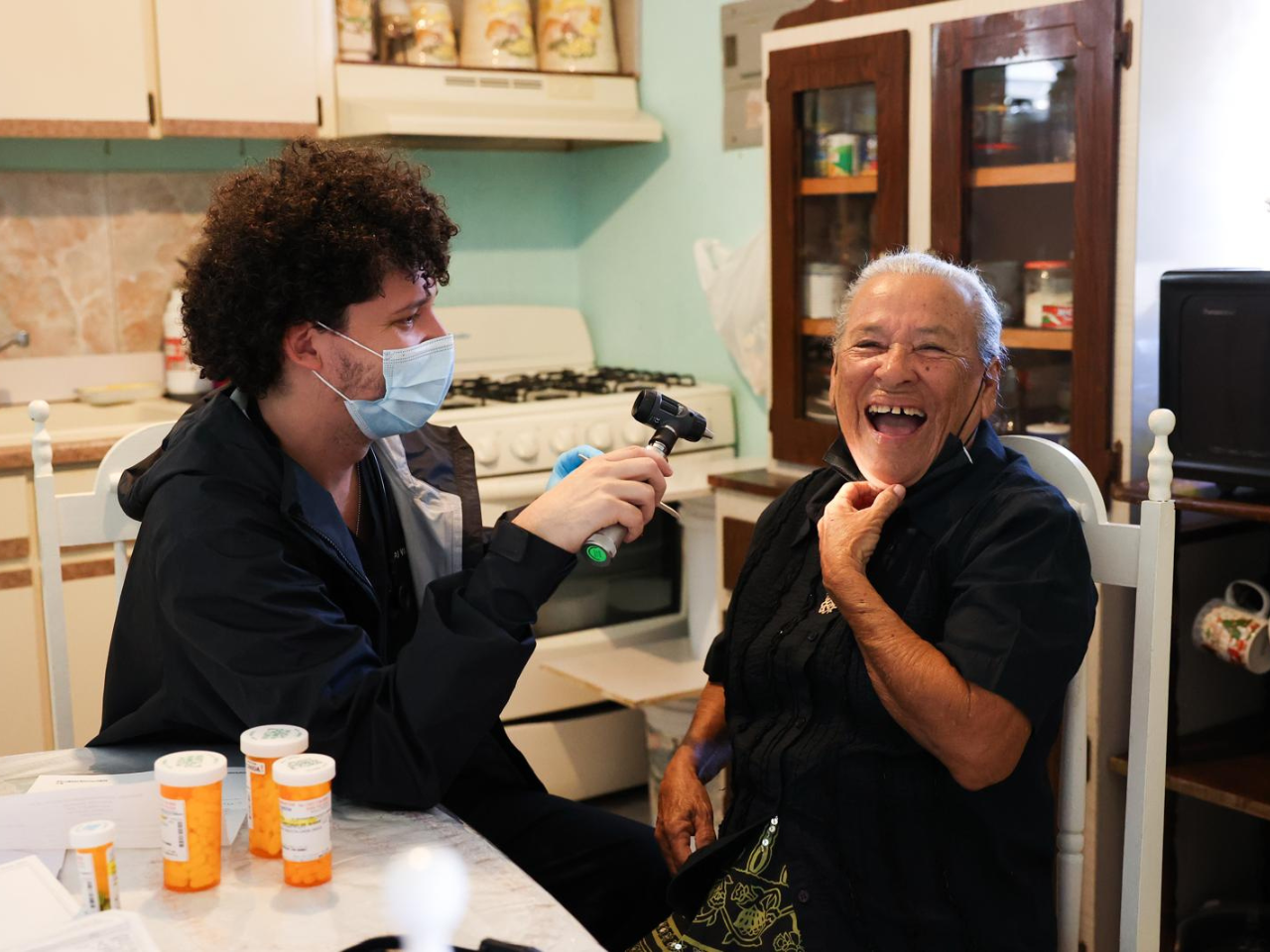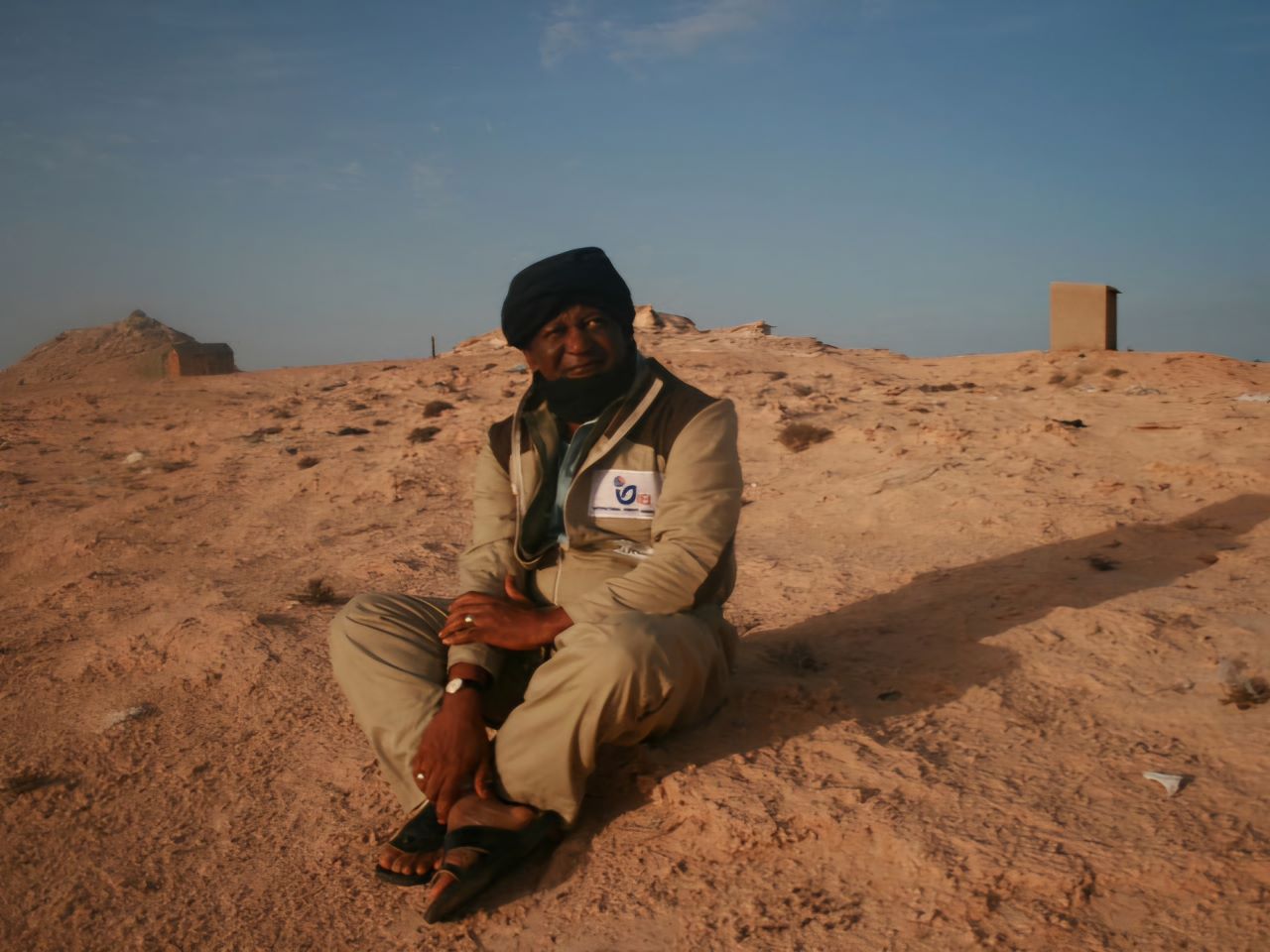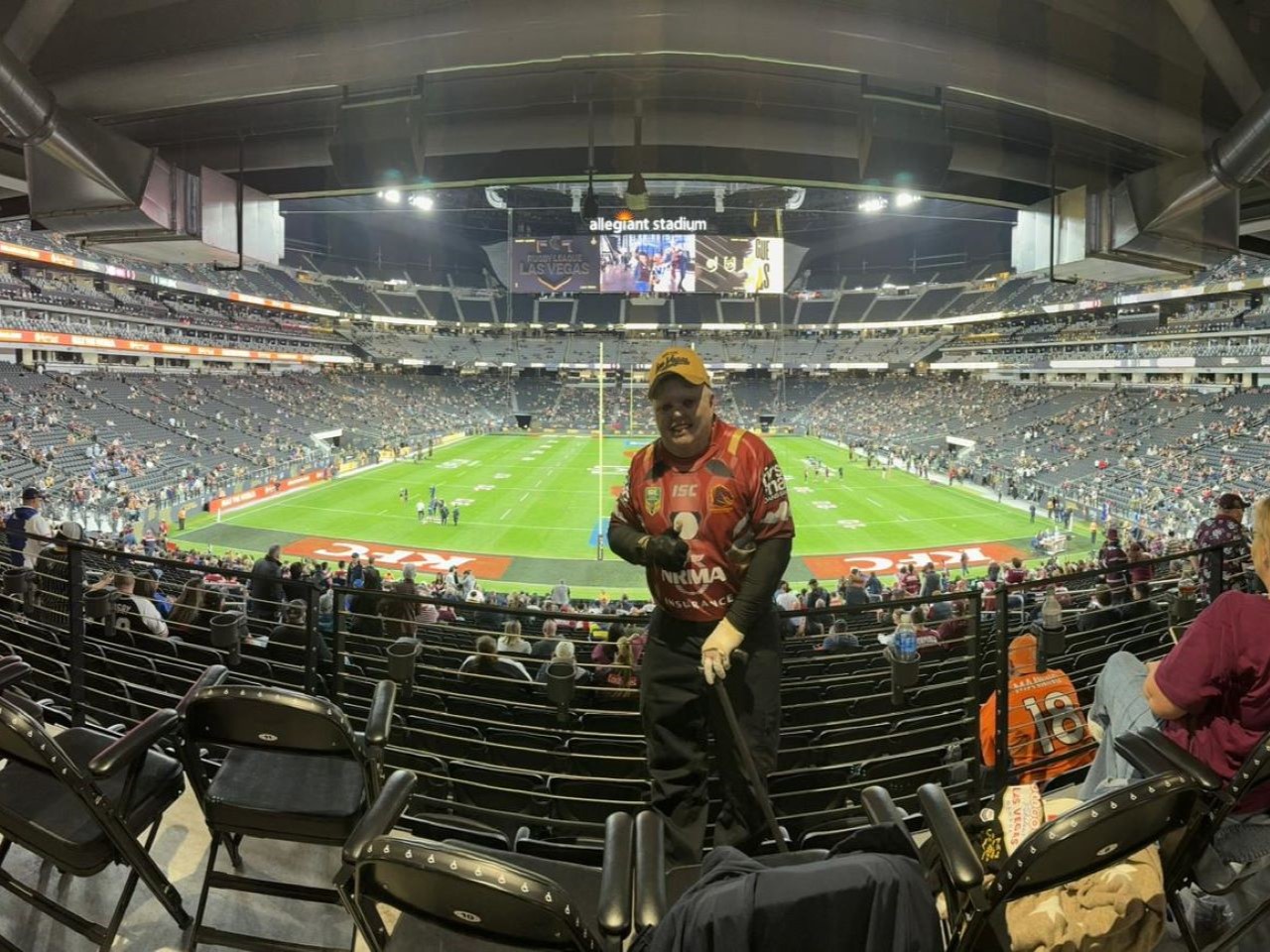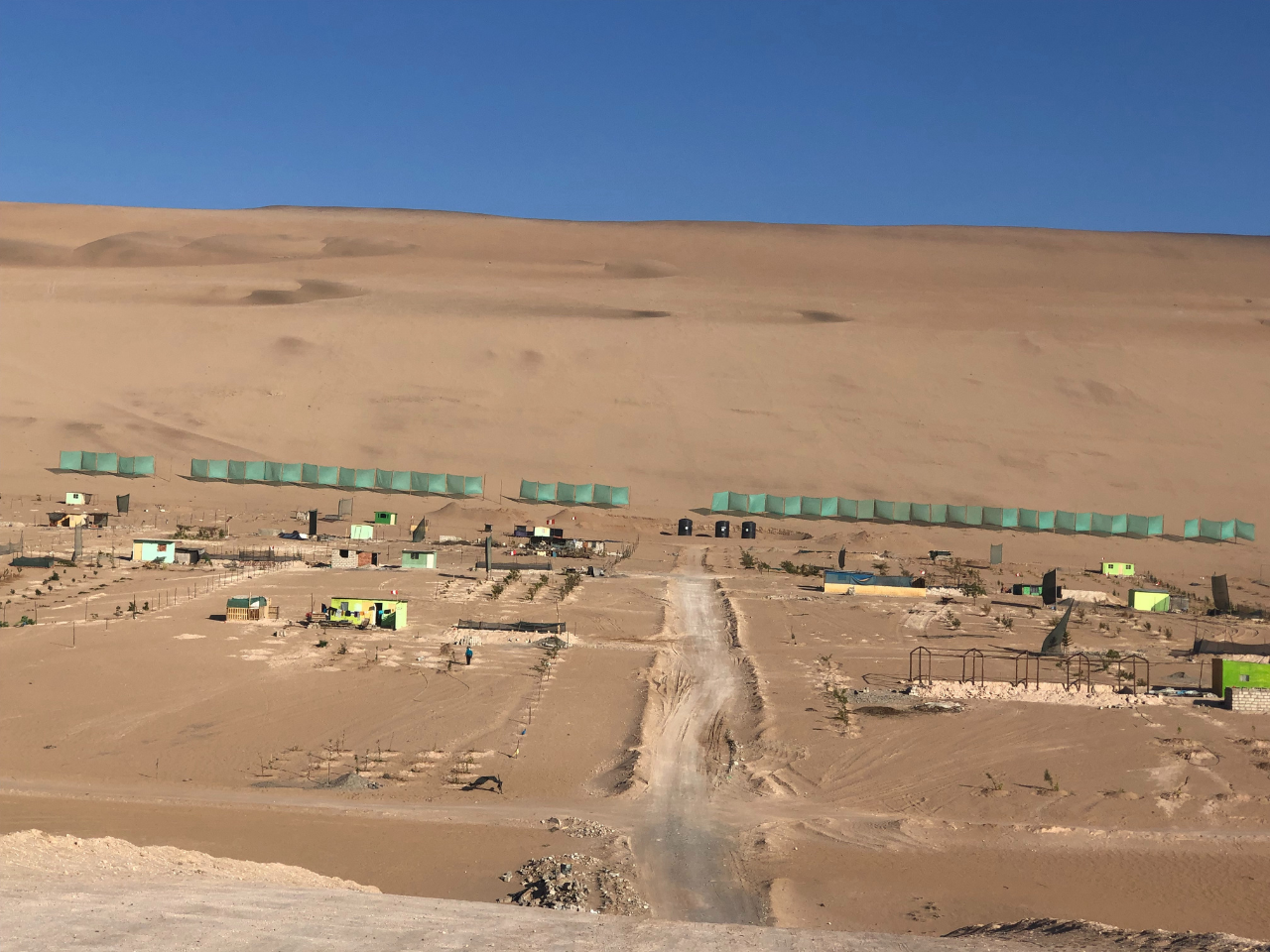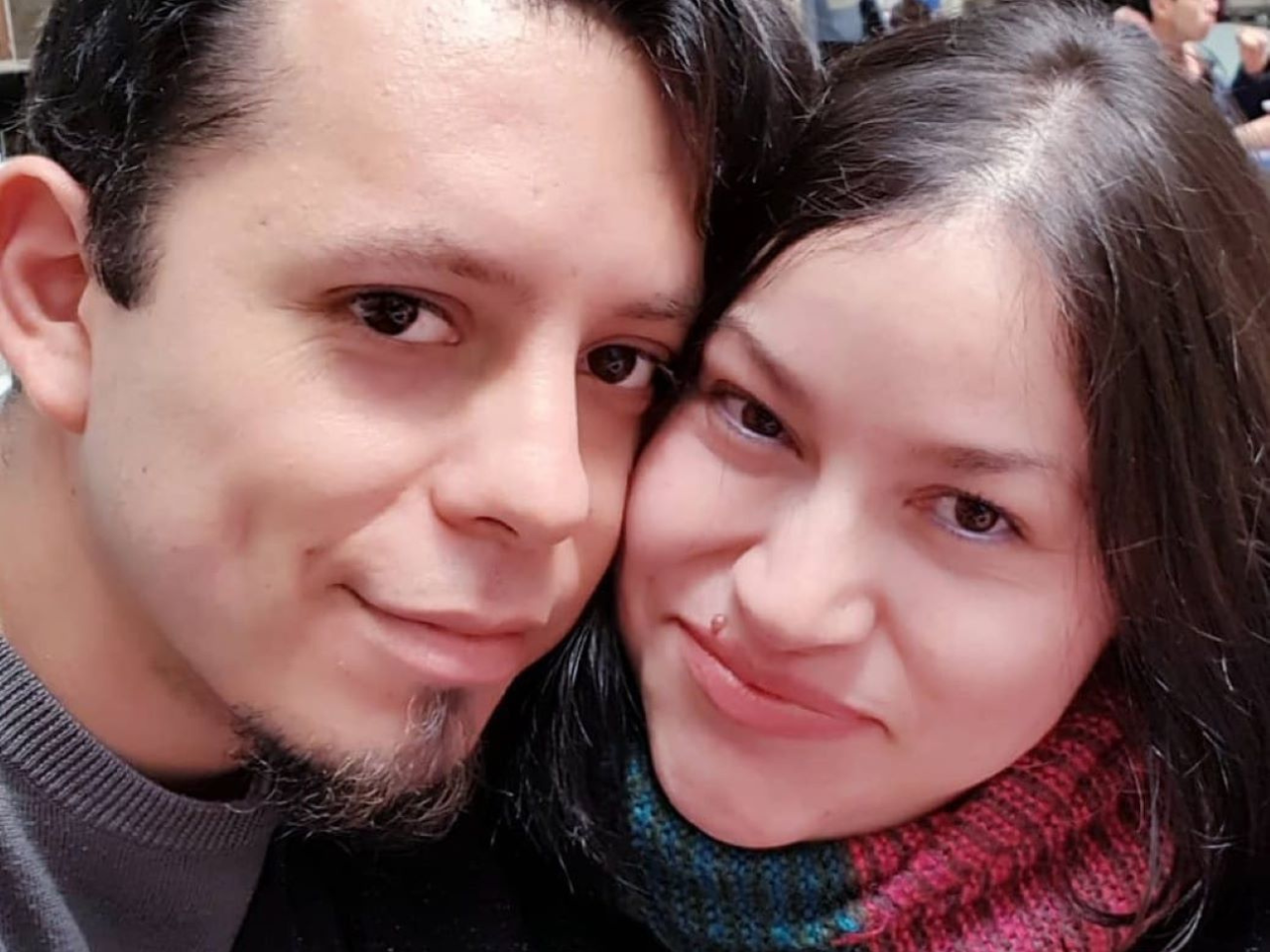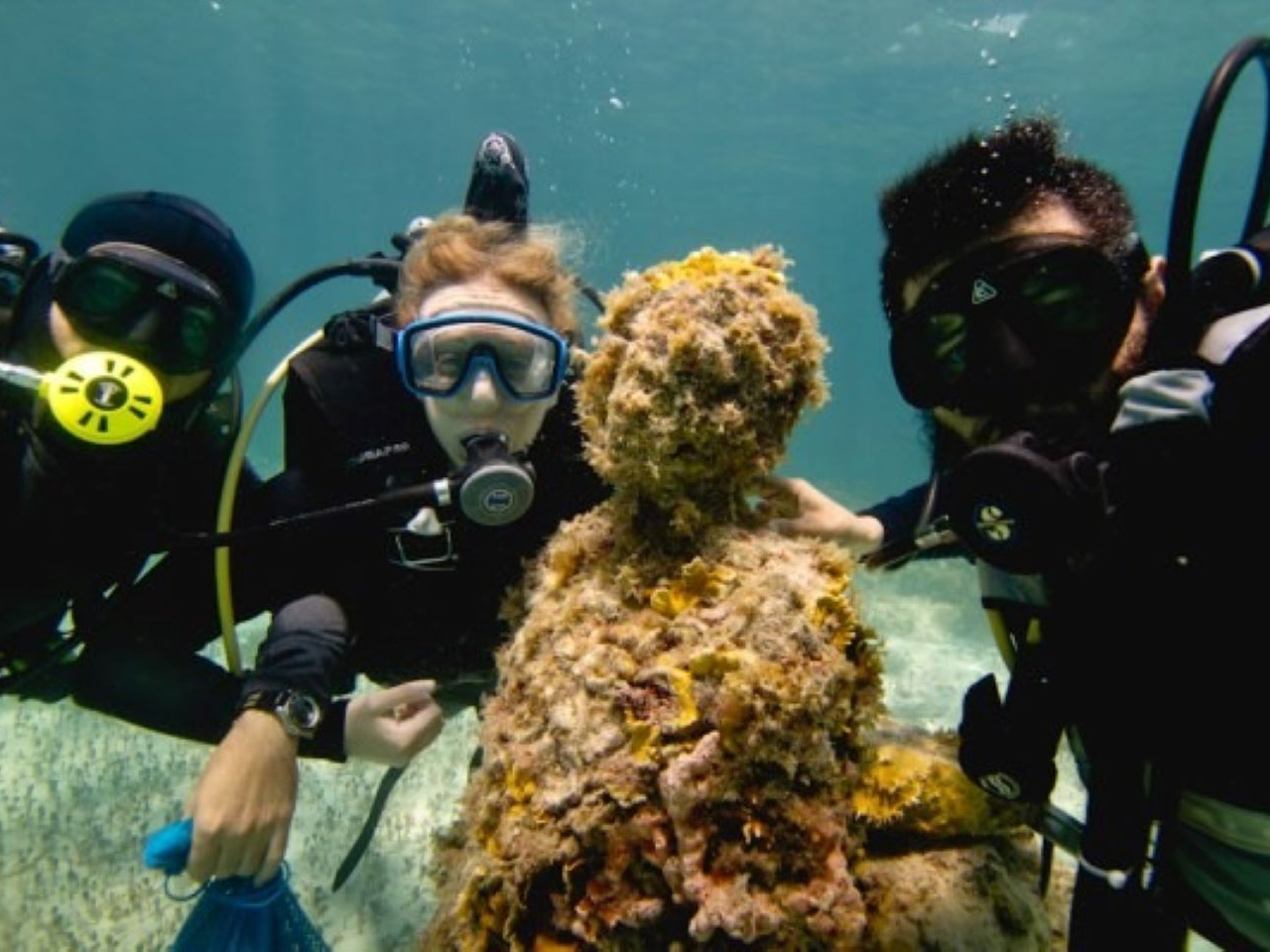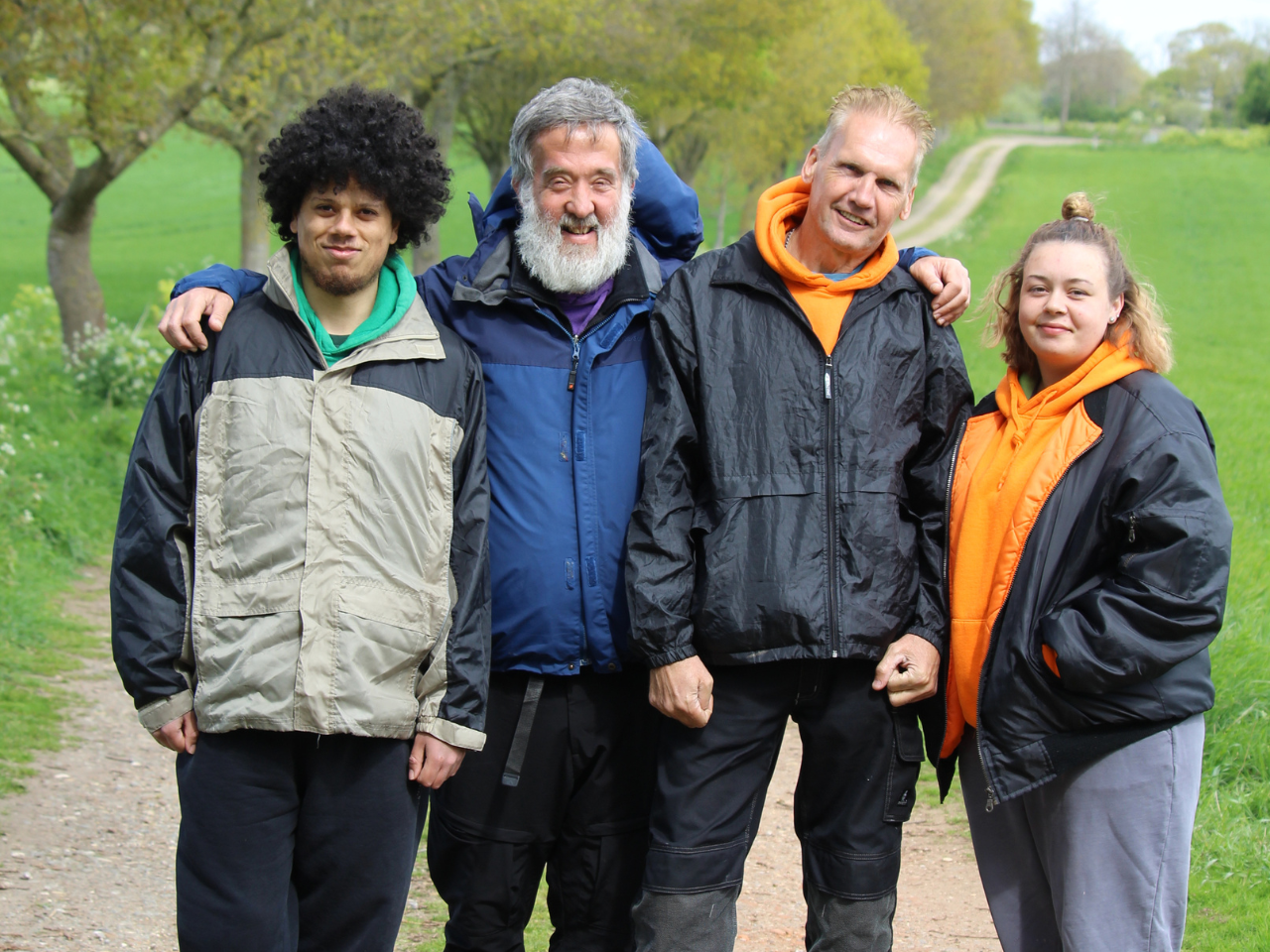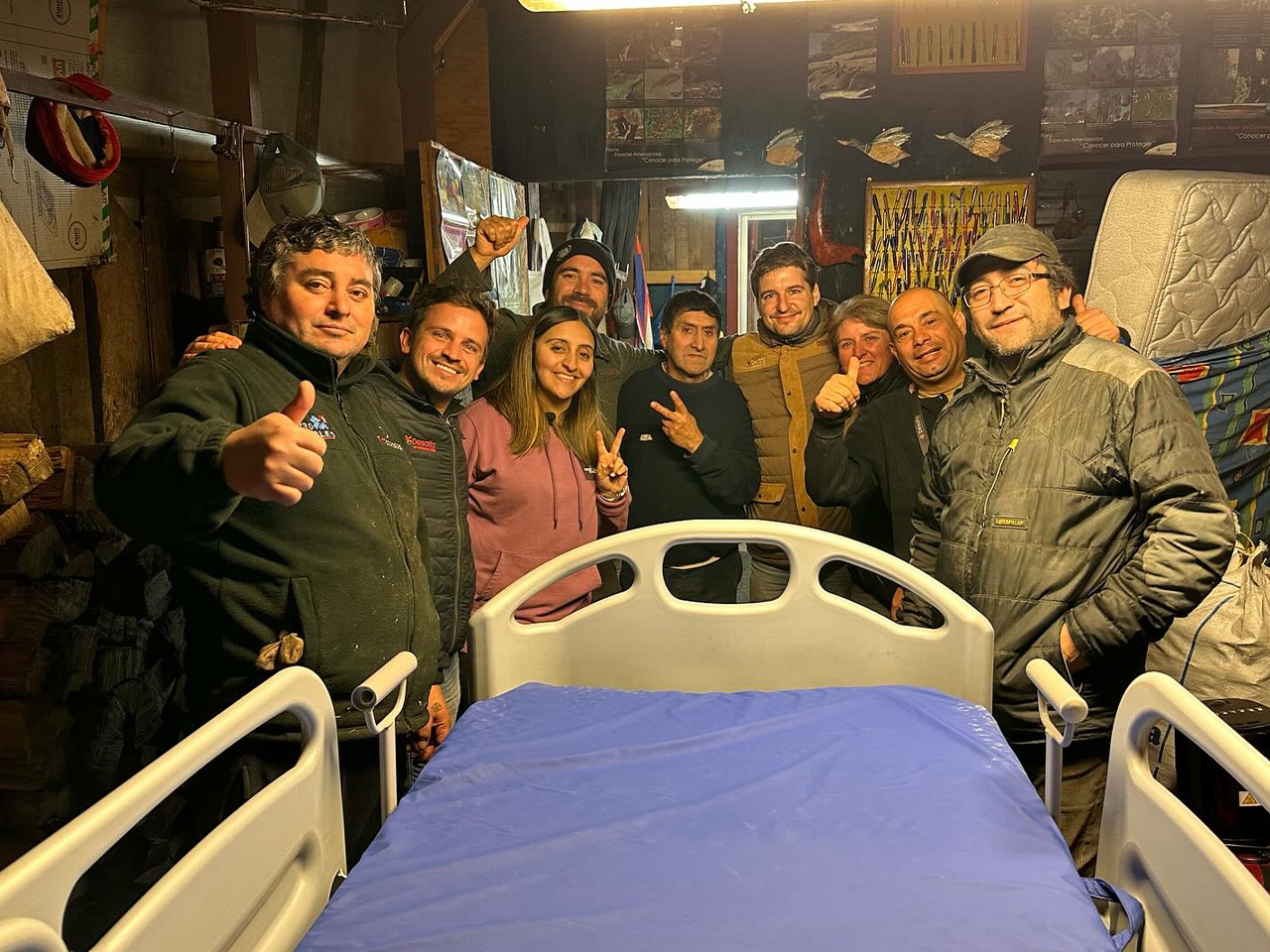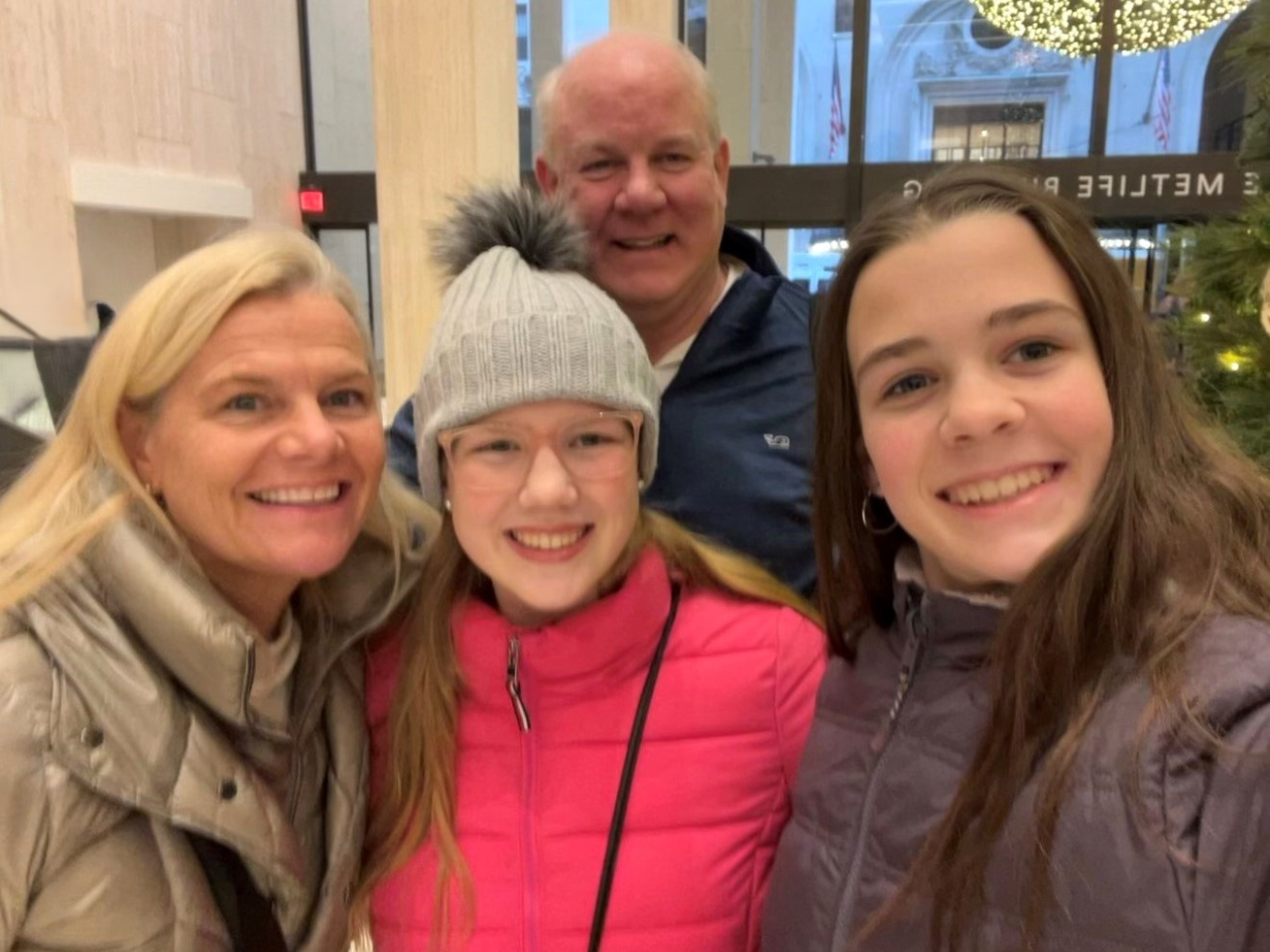Four-year-old lost in Tsavo National Park survives wilderness for six days
I opened the door of the aircraft and began pointing at the boy. The search party went in the direction I told them to go, and finally got ahold of him. There he stood, in the vast wilderness as far as the eye could see, alive and frozen in place. I could barely believe my eyes.
- 3 years ago
January 31, 2023
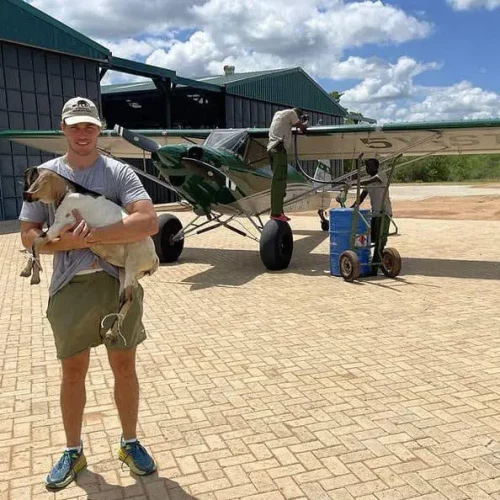
TSAVO NATIONAL PARK, Kenya ꟷ For five days, I looked for a missing four-year-old boy named Ayub in Kenya’s Tsavo National Park. On the sixth day of the search, I held my breath as I noticed a tiny creature in motion from my viewpoint in the aircraft. He looked terrified, trying to hide in the bushes or under big trees. I kept my eyes frozen on him. If I lost him, the chances of spotting him again remained slim.
As Kenya’s largest national park, the vastness of the landscape at Tsavo looks the same from above, no matter where you fly. Sometimes it’s hard to keep your eyes on an elephant down below, let alone a small child. For 30 minutes I increasingly narrowed my circle maintaining the perfect altitude. I had no means to communicate with anyone. The nearest village sat 18 kilometers away. Then, suddenly, some villagers in a search party saw my aircraft flying low and we sprang into action.
Check out more great stories from Kenya at Orato World Media.
Child survives Kenya’s big five: elephants, lions, buffalo, leopards and rhinos
I opened the door of the aircraft and began pointing at the boy. The search party went in the direction I told them to go, and finally got ahold of him. There he stood, in the vast wilderness as far as the eye could see, alive and frozen in place. I could barely believe my eyes.
When I look back at the photos I took, you can see his total relief. For this little boy, and for everyone involved in finding him, it felt like a miracle – a second chance at life. He made it through a situation with almost zero chance of survival. Tsavo National Park is not only the largest national park in the country, it remains home to the “big five”: elephants, lions, buffalo, leopards, and rhinos. It was also raining hard during his disappearance.
Ayub looked frail and his body was covered in mosquito bites and scratches from thorn bushes. After the search party had him safely in their custody, I landed on a road near the village. A group of elders and local government officials led by the chief met me. The chief took me to the parents of the boy.
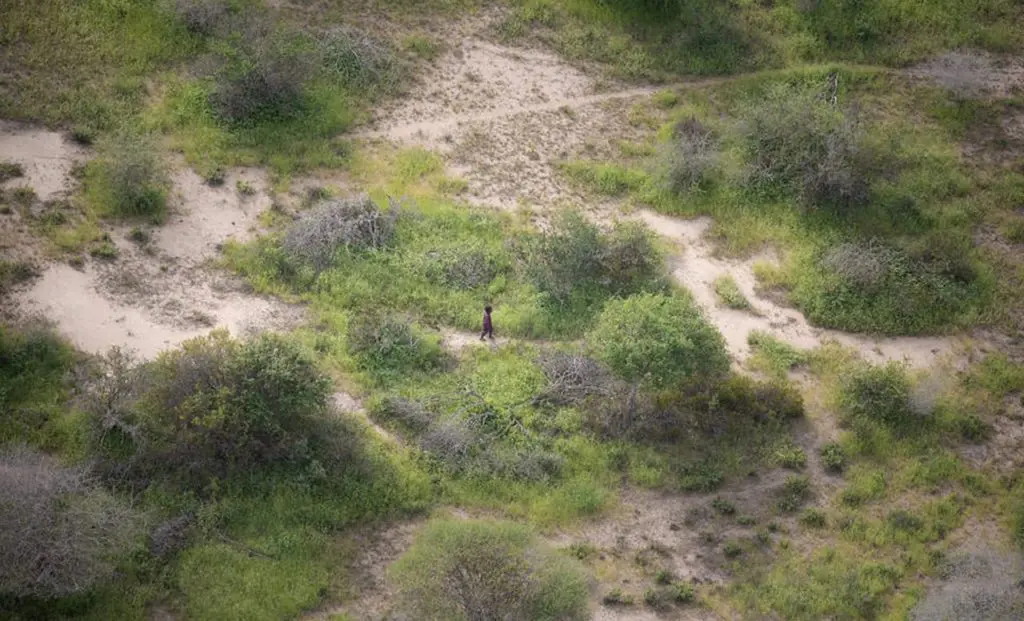
His mother fought back tears of disbelief. I showed her the photos of her son to confirm he had been found safe and sound. Emotions flooded everyone, as they milled around the camera to see the pictures. The search party brought Ayub the 18 kilometers home and when he arrived, the people broke out in song. They danced and chanted.
Family gives him a new name
We eventually learned what happened before my grueling search from the sky. The little boy lived in Asa Village in Makueni County and went with his brothers to tend to the family’s cattle when he disappeared. [For cattle farmers who live near the park, the cattle may graze near or into the park itself.] Due to the rainy season, they could find no traces of footprints. The local chief quickly mobilized a search party on the ground.
With no success the first day, the area chief called the Sheldrick Wildlife Trust. He asked for aerial surveillance assistance. On the second day of the search, I left Kaluku HQ in the morning and flew to the village where 70 men already fanned out throughout the park. That day I flew for four hours before running out of fuel, and only saw wild animals on the ground. Finding the boy on the sixth day truly was a miracle. Had it not been for the heavy rains, he likely would have died from thirst.
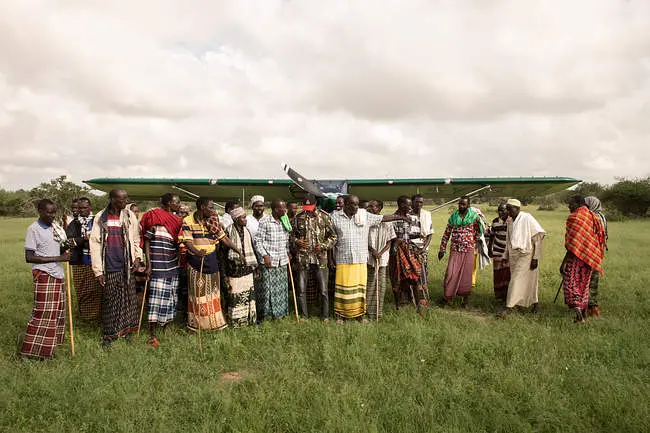
When we returned the boy home, everyone wanted to lift him up as the family shed tears of joy. Still in shock, the little boy could barely speak let alone narrate what happened to him. Looking back, I feel such relief to have helped save a life, even when few had little hope of Ayub’s return.
After the incident, the parents renamed him Roan after me. The family and village elders awarded me a goat as a token of appreciation. I felt humbled by it all. After some much needed medial attention, young Roan returned to full health, playing outside with his mates like any other child.

